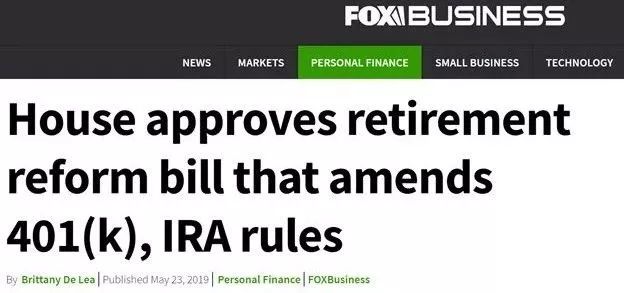Understanding the 401k Loan Rules: What You Need to Know Before Borrowing
#### 401k Loan RulesThe 401k loan rules are essential guidelines that govern how you can borrow from your 401(k) retirement savings plan. Understanding thes……
#### 401k Loan Rules
The 401k loan rules are essential guidelines that govern how you can borrow from your 401(k) retirement savings plan. Understanding these rules is crucial for anyone considering taking a loan from their retirement account. While borrowing from your 401(k) can provide quick access to cash, it’s vital to know the implications and requirements involved.
#### What is a 401(k) Loan?
A 401(k) loan allows you to borrow money from your retirement savings, which you must then pay back with interest. The amount you can borrow typically cannot exceed 50% of your vested balance, up to a maximum of $50,000. If your vested balance is less than $20,000, you can borrow up to the entire amount.
#### Eligibility and Application Process

To qualify for a 401(k) loan, you must be an active participant in your employer's 401(k) plan. Not all plans allow loans, so it’s essential to check your plan’s specific provisions. If loans are permitted, the application process usually involves filling out a request form and providing details about the loan amount and purpose.
#### Repayment Terms
Repayment of a 401(k) loan is typically required within five years, although this period can be extended if the loan is used to purchase your primary residence. Payments are made through payroll deductions, and interest rates are often lower than those of personal loans. However, it’s important to remember that if you leave your job, the loan may become due in full, often within 60 days.
#### Tax Implications

One of the significant advantages of 401(k) loans is that they are not taxed as income as long as you repay them on time. However, if you fail to repay the loan, the amount owed may be considered a distribution, leading to income tax and potential penalties if you are under the age of 59½.
#### Risks of Borrowing from Your 401(k)
While 401(k) loans can be a convenient source of funds, there are risks involved. Borrowing from your retirement savings may hinder your long-term financial growth, as the funds you withdraw will not be earning interest or investment returns during the loan period. Additionally, if you are unable to repay the loan, you could face significant tax consequences.
#### Alternatives to 401(k) Loans

Before deciding to take a 401(k) loan, consider other alternatives such as personal loans, home equity lines of credit, or even credit cards. These options may offer better terms and less risk to your retirement savings.
#### Conclusion
In summary, understanding the 401(k) loan rules is vital for anyone considering borrowing from their retirement account. While it can provide a quick financial solution, it’s essential to weigh the pros and cons carefully. Always consult a financial advisor to explore your options and ensure that borrowing from your 401(k) aligns with your long-term financial goals. Taking the time to understand these rules can help you make informed decisions that protect your financial future.